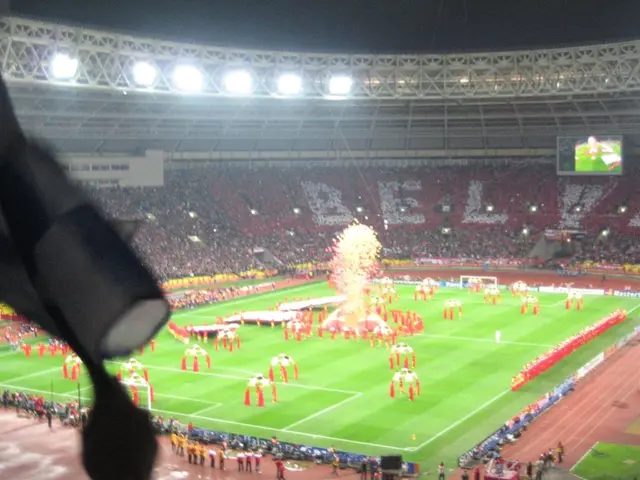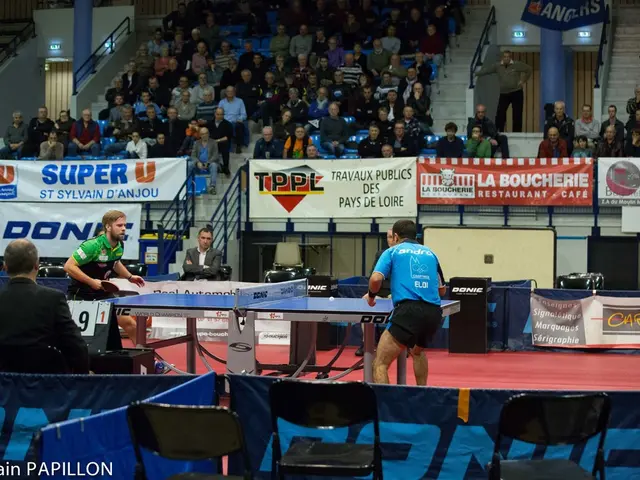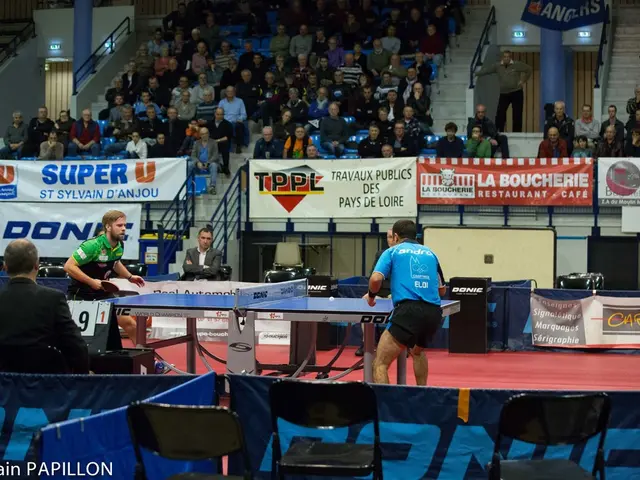Without Affiliate Marketers in Massachusetts, Illicit Market Surges
Massachusetts Sports Betting Stakeholders Urge Commission to Revise Affiliate Marketing Regulation
A coalition of sports betting stakeholders in Massachusetts has called upon the Massachusetts Gaming Commission (MGC) to reconsider a regulation potentially barring affiliate marketing partnerships with digital operators. The commission is set to launch digital sports betting on March 10 and stakeholders argue that the regulation, if left unchanged, could hinder responsible gaming information dissemination, pave the way for illegal sports betting advertising, and stifle market growth.
If implemented, the regulation would ban partnerships between operators and affiliates, limiting the use of Cost Per Action (CPA) deals and revenue share agreements. Stakeholders insist that such partnerships play a crucial role in educating and informing potential customers, targeting only those already interested in wagering, and minimizing the growth of the black market.
Notably, only two U.S. states — Connecticut and Illinois — currently restrict affiliate partnerships, and neither outright bans them. Connecticut regulations prohibit partnerships involving the CPA model, while Illinois regulations prohibit revenue-sharing deals.
Among the advocating parties is Better Collective, the owner of several sports betting media properties like Sports Handle and US Bets. BetMGM, DraftKings, FanDuel, and other operators have also shown support for affiliate partnerships. Caesars Sportsbook, on the other hand, has already signaled its decision to refrain from working with affiliates in the Massachusetts market, owing to the current ban.
Operators and affiliates must swiftly secure deals and complete essential administrative tasks before the partnerships become active, given the March 10 launch. With seven digital operators poised to debut, the commission faces a tight deadline to make a decision. For individuals seeking Massachusetts sports betting reviews, there is a wealth of detailed analysis on these operators, including their offers and user experience expectations.
As commissioners consider the regulation, they have expressed interest in adapting it to accommodate CPA advertising while potentially banning revenue-share models. This proposed compromise may favor larger companies, potentially putting smaller ones, such as Betr, authorization recipient for a standalone mobile license in Massachusetts, at a disadvantage.
During discussions, industry experts emphasized the importance of pull advertising, which caters to consumers already interested in the product, versus push advertising, which is broader and introduces the product to the consumer base. Concerns were raised about social media advertising, billboards, and advertising in mainstream media, considered more problematic than specific affiliate marketing partnerships.
While expressing concern about the potential misuse of affiliate marketing, Brianne Doura-Schawohl, a responsible gambling consultant, encouraged the commission to reconsider their stance on the regulation, suggesting that it might represent a misunderstanding of the impact on the market and consumer protection. She also emphasized the importance of adhering to best practices in responsible gambling, as demonstrated in Ohio.
Commissioners have shown openness to reassessing the strict regulations on affiliate marketing, acknowledging the importance of striking a balance between consumer protection and market growth.
Stakeholders urge the Massachusetts Gaming Commission to revise the affiliate marketing regulation in sports betting, arguing that it could hinder responsible gaming information dissemination and stifle market growth. If implemented, the regulation would limit the use of Cost Per Action (CPA) deals and revenue share agreements. Notably, only two U.S. states have restrictions on affiliate partnerships, neither of which outright bans them.








